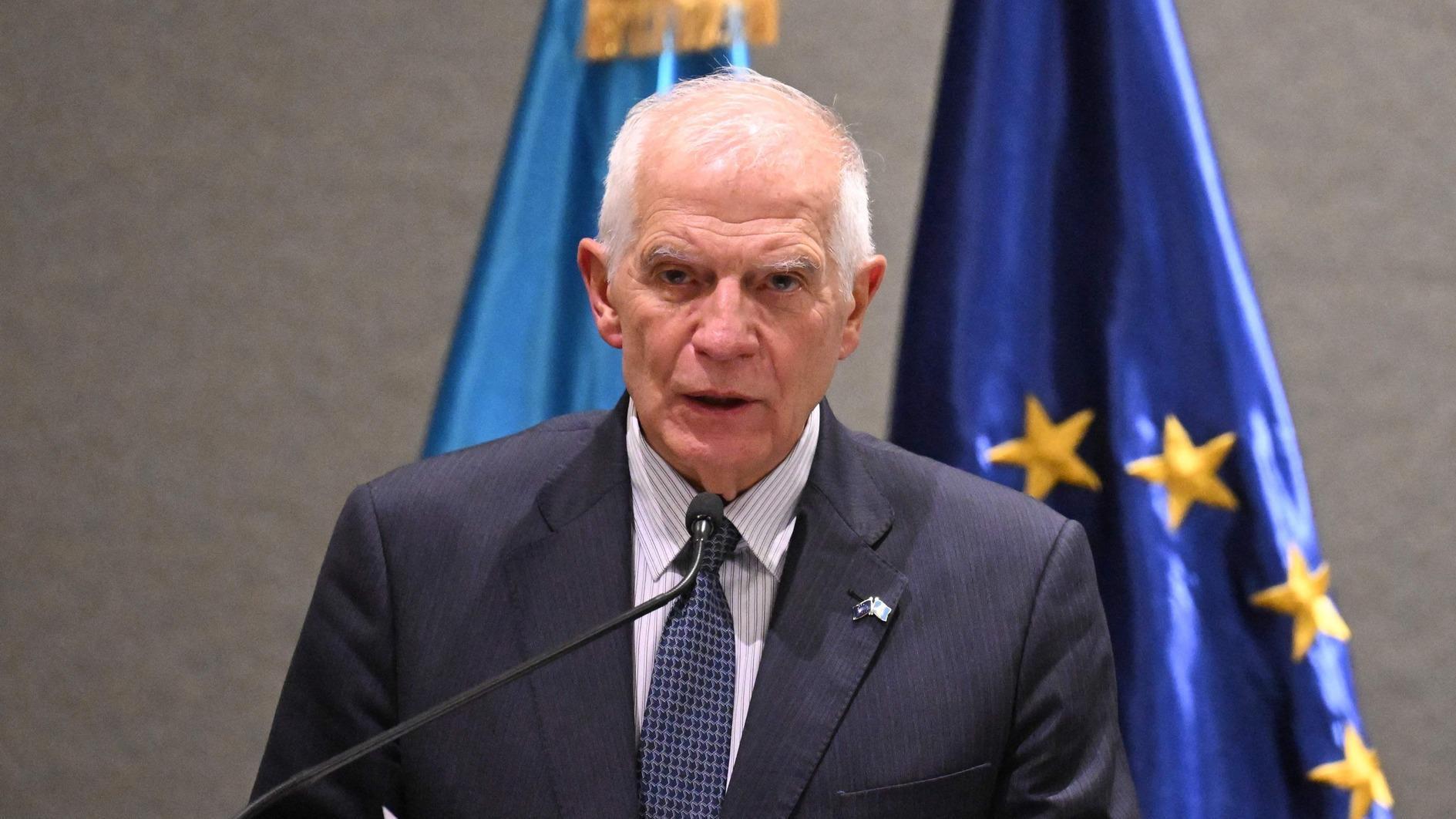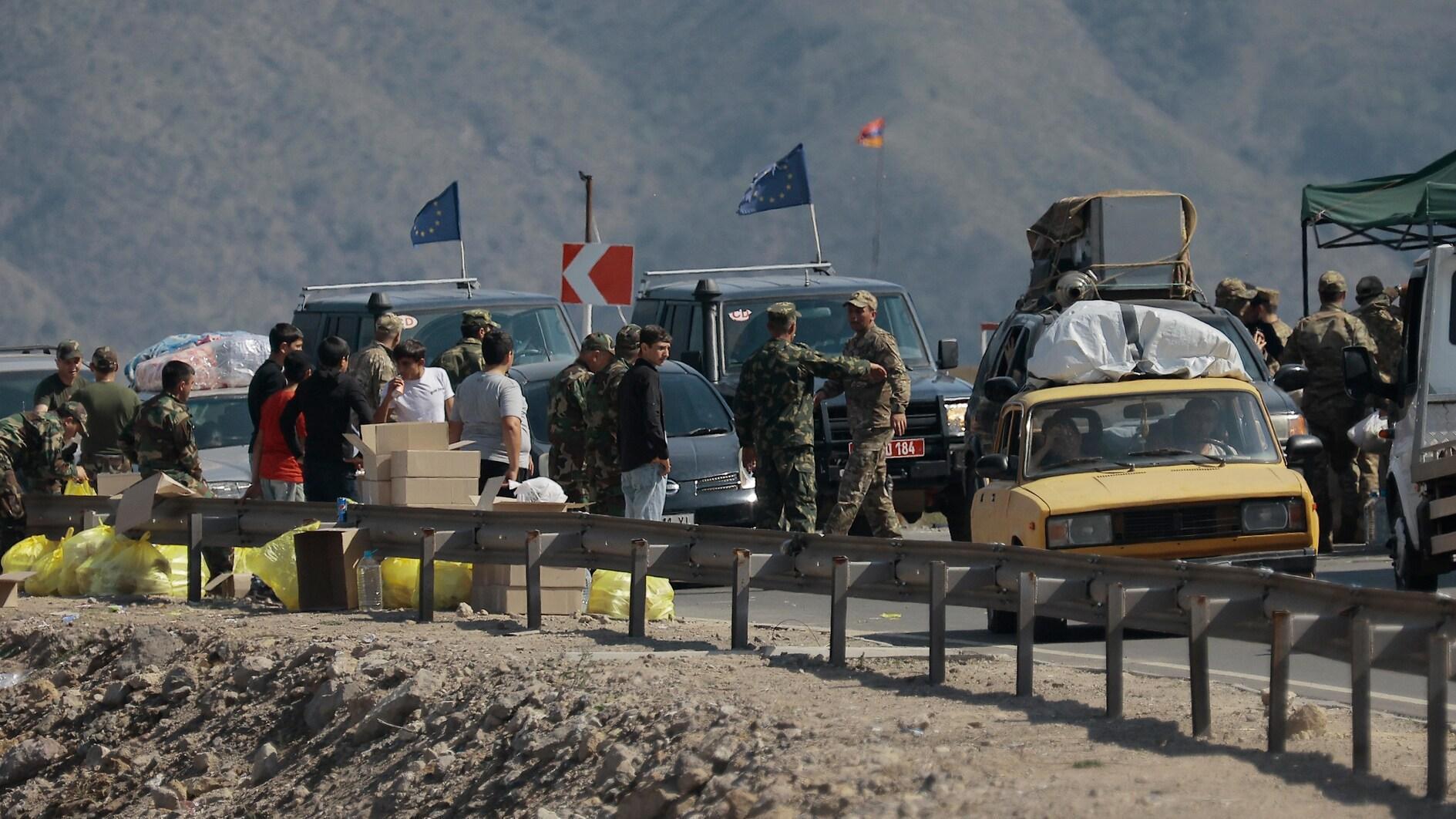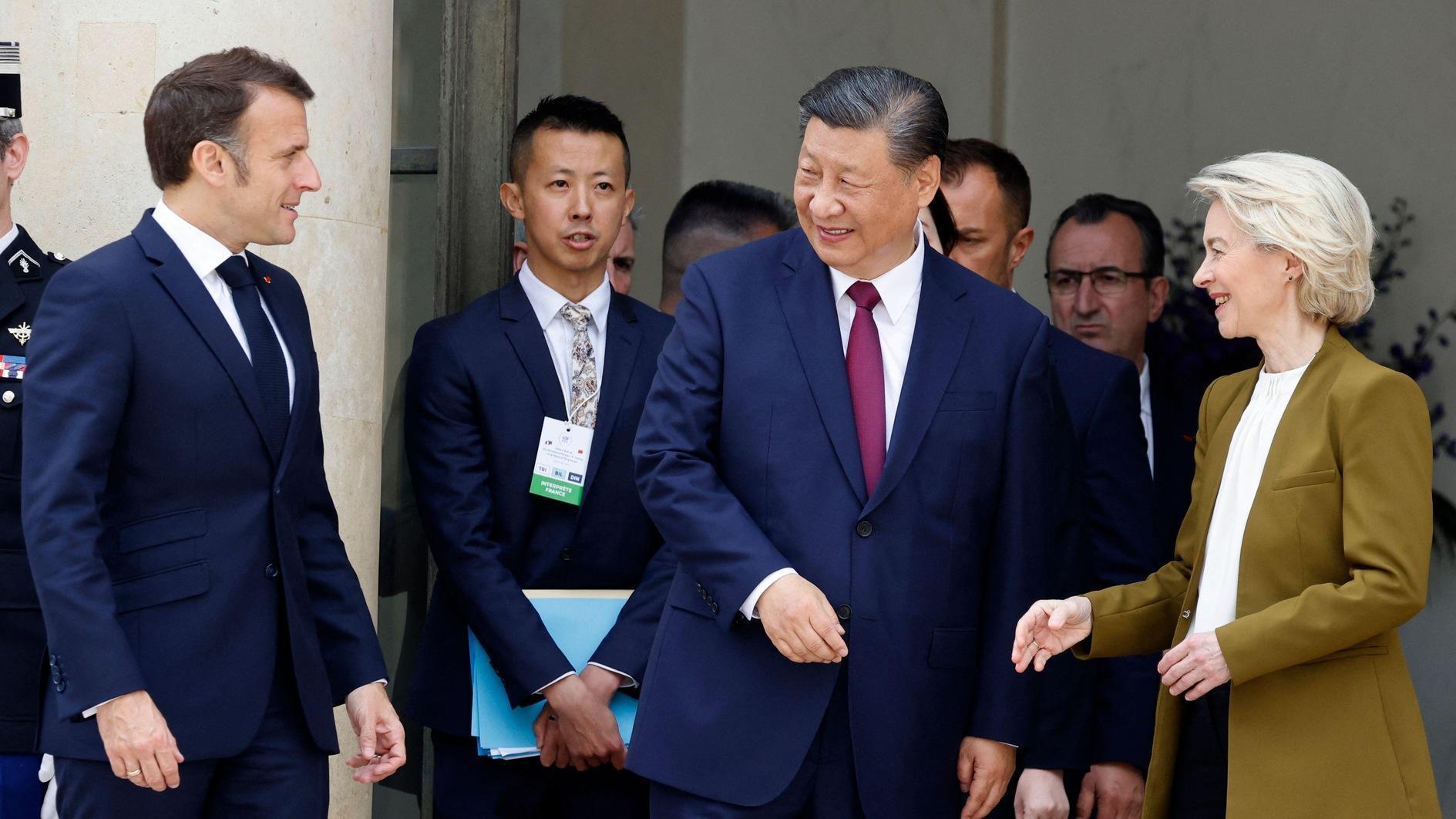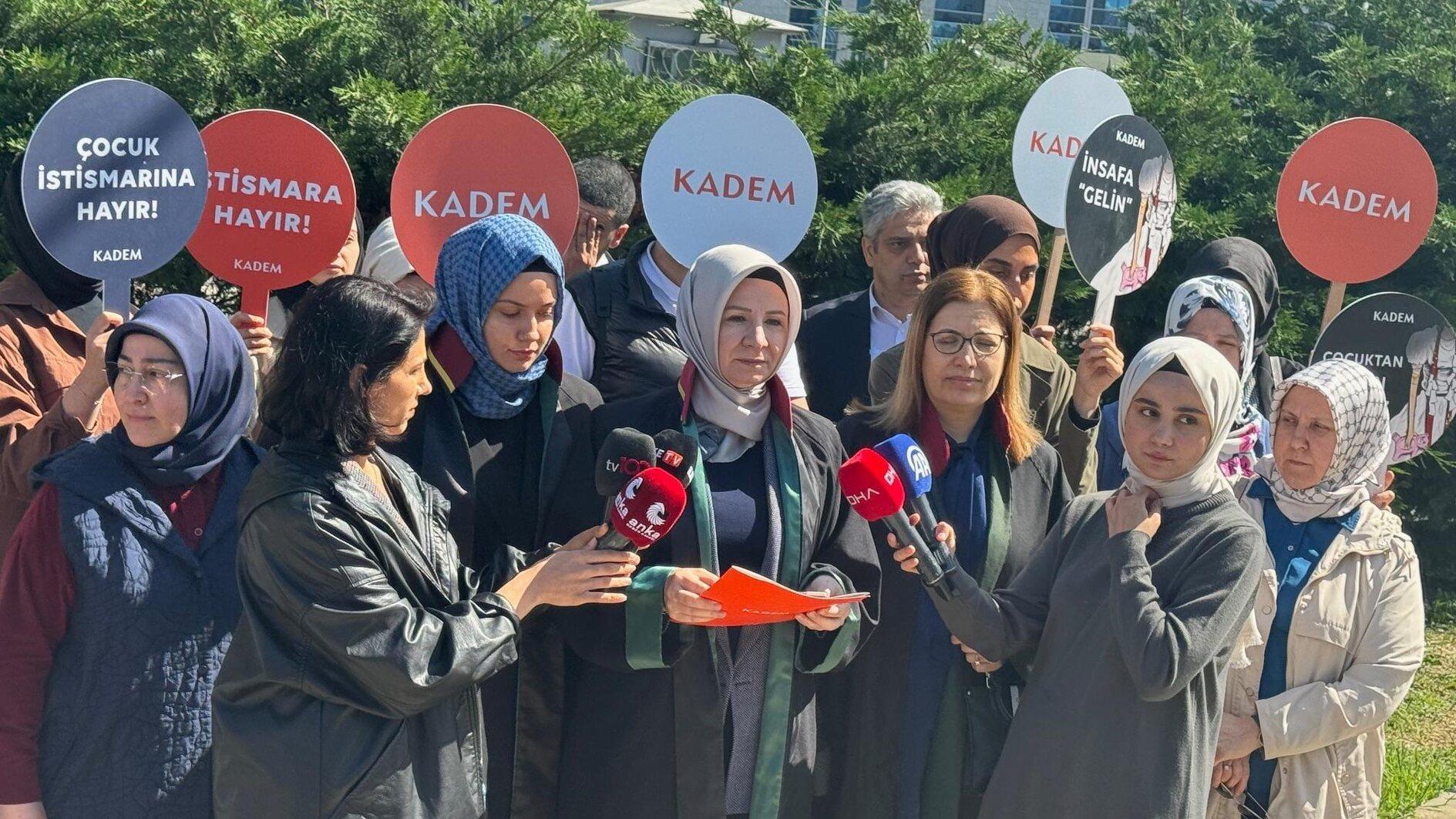Al-Qaida claims responsibility for Iraq attacks
BAGHDAD - The Associated Press
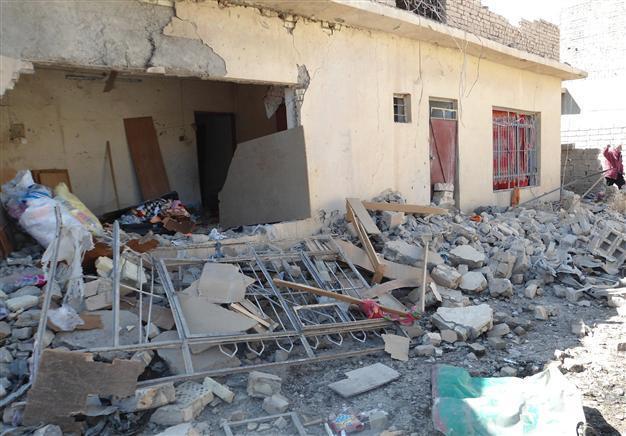
A picture taken on March 20, 2012 shows a destroyed house following an explosion in the Iraqi province of Diyala north of the capital Baghdad. AFP photo
Al-Qaida's front group in Iraq claimed Wednesday its wave of bloody attacks that killed 46 people across the country the day before shows how weak government security will be for next week's Arab League summit in Baghdad.The attacks on Tuesday struck Shiite pilgrims in the holy city of Karbala, set cars on fire near a police headquarters in Kirkuk and targeted security forces and government officials in Baghdad. In all, insurgents struck eight cities in just under six hours, killing 46 and wounding 200 people.
The statement by the Islamic State of Iraq, posted on a militant website Wednesday, said its "Sunni lions" targeted the plan of the "fool government preparing" for the summit.
"Within few hours, all the security measures adopted by the Shiite government have collapsed and the enemy was taken by surprise," said the statement. "Several government and security headquarters were attacked." The government vowed not to be scared off from hosting the summit the first to take place in Iraq since 1990 and a chance to prove it is moving toward normalcy after years of war.
On Wednesday, a bomb exploded near a liquor store in central Baghdad and wounded five passers-by, said police and a hospital medic. Both officials spoke on condition of anonymity because they were not authorized to release the information.
The government said last week that Iraq would deploy an unprecedented number of security forces to protect the capital for the summit. An estimated 26,000 police and soldiers including more than 4,000 from Iraq's north and south are expected to be deployed in Baghdad.
But citizens and lawmakers have questioned whether Baghdad would be safe during the Arab meeting.
Extremists have launched large-scale attacks in Iraq every few weeks for nearly a year. The violence now is nowhere as frequent as it was during the tit-for-tat sectarian fighting a few years ago. But the attacks appear to be more deadly than they were before American military's withdrawal in late December.


